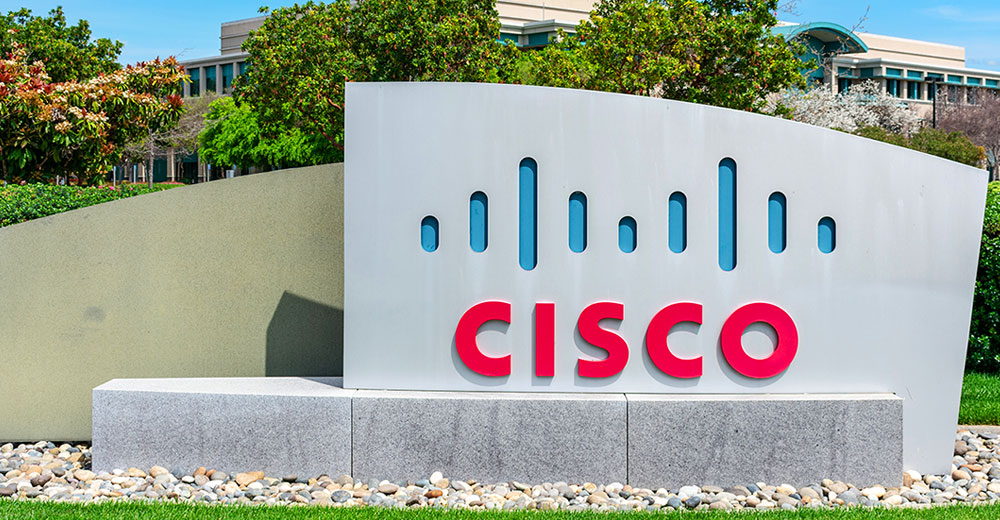AMD is a global semiconductor company known for its high-performance computing and graphics solutions. In recent years, the company has made significant strides in its commitment to corporate responsibility, focusing on sustainability, diversity and inclusion, ethical governance, and community engagement.
As AMD’s success has grown under the leadership of CEO Lisa Su, it has shown the hallmarks of strengthening its commitment to pushing the boundaries of what is possible with technology while ensuring that its operations and products contribute positively to society and the environment.
4 Pillars of Corporate Responsibility
AMD’s corporate responsibility strategy is built on four pillars: environmental sustainability, supply chain responsibility, diversity, belonging, and inclusion (DBI), and community impact.
Regarding environmental sustainability, AMD has dedicated itself to reducing its carbon footprint and promoting energy efficiency in its products and operations. The company has set ambitious goals to reduce greenhouse gas emissions and increase the use of renewable energy across its global operations.
Moreover, despite its fabless business model, AMD has focused on supply chain responsibility by ensuring that its suppliers adhere to ethical labor practices and environmental standards.
Like many Silicon Valley companies, the attributes of diversity, belonging, and inclusion are core to AMD’s corporate ethos. The company strives to create a diverse workforce that reflects the global community it serves. AMD has committed to fostering an inclusive workplace where employees feel valued and empowered to contribute their unique perspectives.
This focus on diversity and inclusion is about representation and building a culture of belonging and innovation.
AMD’s community impact initiatives aim to leverage its technology and resources to address social challenges and promote educational opportunities. To that end, the company supports STEM education programs, community development projects, and disaster relief efforts, demonstrating its commitment to being a responsible corporate citizen.
Why Corporate Responsibility Matters to AMD
Corporate responsibility is crucial for AMD for several reasons. First, it aligns with the company’s core values and long-term vision of creating innovative products that benefit society. By prioritizing sustainability and ethical practices, AMD enhances its reputation as a responsible and forward-thinking company, which can attract customers, partners, and investors who share similar values.
These initiatives help AMD mitigate risks associated with regulatory compliance and potential negative impacts on its brand image. Focusing on diversity and inclusion fosters a more innovative and dynamic workforce. Diverse teams bring different perspectives and ideas, which can drive creativity and lead to better decision-making and problem-solving. This consideration, in turn, can enhance AMD’s competitiveness in the rapidly evolving semiconductor industry.
Differentiation From Other Semiconductor Firms
AMD differentiates itself from other semiconductor companies through its holistic approach to corporate responsibility. While many companies in the industry have sustainability and social responsibility programs, AMD’s emphasis on diversity and inclusion and its proactive stance on community impact set it apart.
AMD’s commitment to reducing its environmental impact extends beyond its operations to include its products, where it strives to deliver energy-efficient solutions that help customers reduce their carbon footprints.
Moreover, AMD’s transparent reporting and accountability measures demonstrate a genuine commitment to corporate responsibility. The company regularly publishes comprehensive corporate responsibility reports, providing stakeholders detailed information about its progress and challenges. This transparency builds trust and credibility with customers, investors, and the broader community.
Sustainability and Human Rights Initiatives
As spelled out in its recently released 2023-2024 Corporate Responsibility Report, AMD has prioritized key focus areas in its corporate responsibility strategy, investing in strategic projects and collaborations and reporting on its accomplishments and improvement areas openly and honestly.
AMD has a long history of sustainability reporting and is building on this solid foundation as it works to strengthen stakeholder involvement, harness value chain collaborations, and anticipate upcoming legislation around sustainability reporting.
AMD carried out a “double materiality” evaluation in 2023 to prioritize corporate responsibility concerns by examining them through two different lenses: the possible influence on the business and the potential impact the firm has on society and the environment.
Concurrently, AMD carried out an initial Human Rights Saliency Assessment, which provided information for the revisions made to its worldwide human rights policy and strategy.
These insights highlight the significance of leveraging collaborations in areas where AMD has influence, such as responsible mineral sourcing and supplier sustainability performance, while simultaneously driving progress in areas where AMD has control, such as reducing operational emissions, advancing energy efficiency, and contributing to local communities in which it operates.
Global Collaborations
To address systemic industry concerns, such as reducing risks associated with forced labor in the supply chain and decarbonizing Scope 3 emissions, AMD occupies vital positions in the Responsible Business Alliance (RBA), the world’s largest industry coalition committed to supply chain sustainability.
The RBA Board of Directors and the Senior Environmental Advisory Team continue to recognize AMD as a permanent member of their respective boards. In addition, the company attended the first-ever RBA Forced Labor Summit in Washington, D.C., which attracted leaders worldwide. AMD has also provided financial support to the RBA audit fund for the Responsible Minerals Initiative and guided the RBA environmental strategy roadmap.
In 2023, the company supported and was a founding member of the Energy Collaborative of the Semiconductor Climate Consortium. Its goal was to assist in improving access to renewable energy sources throughout the Asia-Pacific region. In addition to this work, AMD started working on a climate transition action plan (CTAP) that contains climate scenario studies.
These analyses are vital for examining different futures with related strategic consequences, such as physical dangers and market opportunities. The CTAP is still somewhat of a work in progress, and the company will need to continue to report on its decarbonization plan, schedule, and progress.
Between 2020 and 2023, AMD more than doubled the amount of renewable energy sourced for its operations, going from 36 to 83 gigawatt-hours, which is not an inconsiderable feat.
Additionally, AMD continued to expand its sustainability engagements with its “manufacturing suppliers,” companies that AMD purchases directly from and offers direct materials and manufacturing services. By 2023, 84% of these suppliers had set public greenhouse gas objectives, and 83% of the facilities they managed had been subjected to RBA audits (since 2020).
Closing Thoughts
Despite AMD’s impressive efforts in corporate responsibility — focusing on sustainability, diversity, and community impact — these initiatives have often been overshadowed by the company’s recent business success in the competitive semiconductor market.
AMD’s innovative products and significant market share gains against competitors like Intel and Nvidia have captured much public and media attention.
As its success continues, AMD will be subject to further scrutiny regarding its corporate responsibility initiatives, a challenge it is already familiar with.
While its recent business achievements are noteworthy, it is unfortunate that AMD’s robust corporate responsibility strategy has not received the same recognition. The company has been at the forefront of integrating ethical practices and sustainability into its operations and products, demonstrating a commitment to being a responsible corporate entity.
AMD’s dedication to these principles enhances its reputation and contributes positively to society and the environment. Those are admirable goals, and the industry should recognize and acknowledge AMD’s dual focus on business excellence and corporate responsibility. This holistic approach is vital for sustainable long-term growth and positive global impact.























































